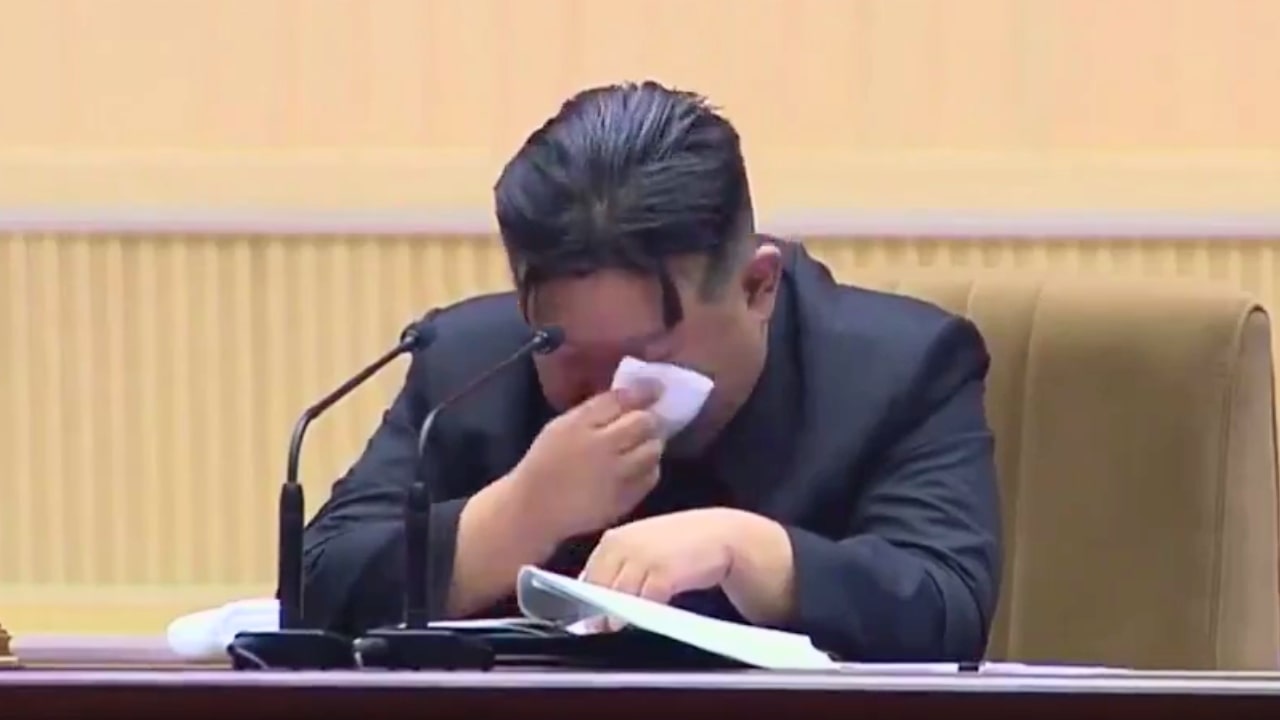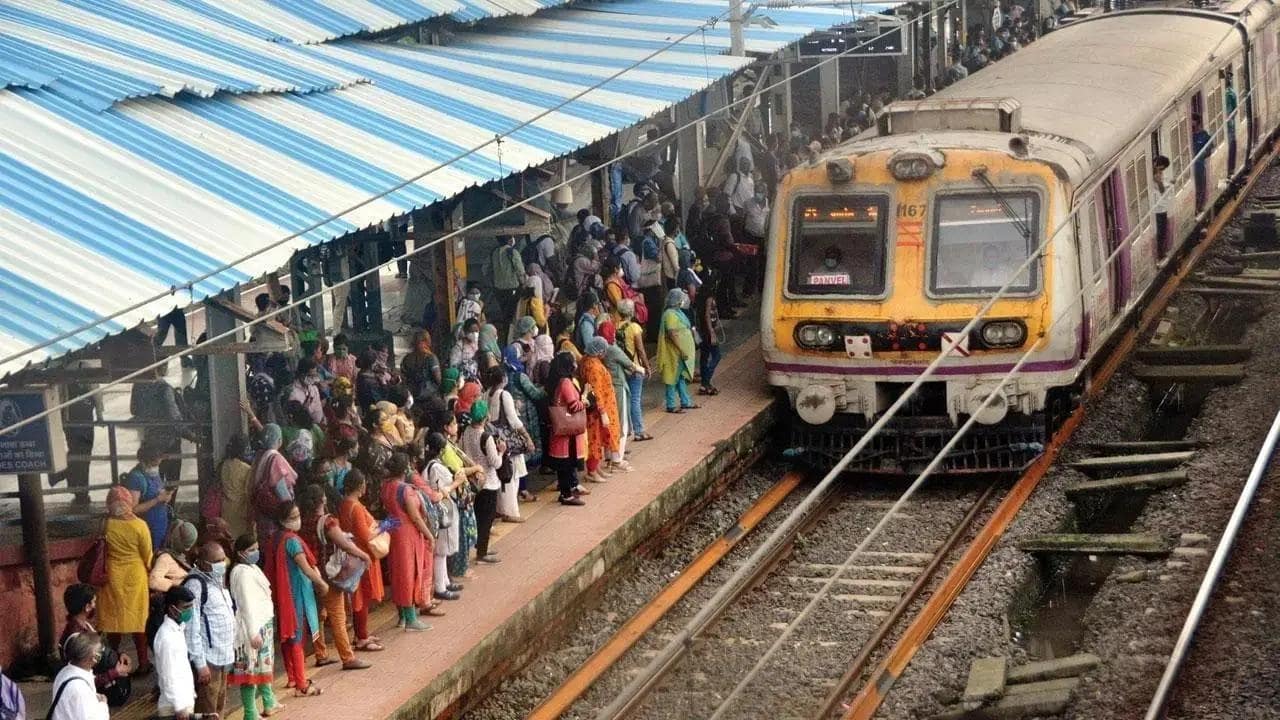A rare video of North Korean leader Kim Jong Un has surfaced, in which he is shown crying in front of thousands of mothers during an event. In the program, an emotional Kim Jong Un requests mothers to have as many children as possible. According to the report, like Japan and China, North Korea is also deeply troubled by the falling birth rate in the country, and to increase the population, they are seen requesting mothers to produce more children.
According to North Korea’s state media KCNA, the video, which went viral on social media platforms, surfaced when he addressed an event organized for mothers in Pyongyang on Sunday.
Kim Jong’s Crying Video Goes Viral
In a short clip, the North Korean leader, who has a reputation as a “dictator” and hard-hearted person, is seen crying as he addresses the packed event. Kim Jong Un has called for efforts to combat the country’s falling birth rate, calling the challenge “everyone’s housekeeping duty.”
Kim said the country should “work with mothers” to stem the decline in the birth rate and focus on providing good childcare services. The hall at the meeting was packed with women dressed in traditional attire and enthusiastic mothers cheering on Kim Jong Un, state media video showed.
The United Nations Population Fund estimates North Korea will have 1.8 children per woman by 2023, higher than some of its neighbours suffering similar declining trends. “Preventing the decline in the birth rate and providing good care and education to children are all family matters that we must solve together with our mothers,” Kim Jong Un said in his inaugural speech.
North Korea vs. South Korea: Population Graph
North Korea’s total fertility rate, or the average number of babies a woman will have in her lifetime, was 1.79 in 2022, down from 1.88 in 2014, according to South Korea’s government statistics agency. However, this is still higher than in South Korea. South Korea’s fertility rate was 0.78 last year, down significantly from 1.20 in 2014.
South Korea has a very low fertility rate, and factors believed to discourage people from having children include a poor job market, extremely competitive school environments for children, and traditionally weak childcare support. At the same time, in the male-centric corporate culture, it has become more difficult for women to strike a balance between career and family.
North Korean leader Kim Jong Un starts crying as he begs North Koreans to have more babies.#NorthKorea #KimJongUn
????- KCNA pic.twitter.com/t2ag9ZPYzY
— Ajeet Kumar (@Ajeet1994) December 6, 2023
Why Is The Birth Rate Low In North Korea?
Some observers say that although North Korea is one of the poorest countries in the world, changes in its demographic structure are similar to those in wealthier countries.
Ahn Kyung-su, head of DPRKHEALTH.ORG, a website that focuses on health issues in North Korea, said, “Many families in North Korea these days do not intend to have more than one child Because they know they need a lot of money to raise their kids, send them to school, and help them get jobs.”
Ahn, who has interviewed several North Korean defectors, says that the smuggling of large amounts of South Korean TV dramas and movies over the past 20 years, which show a higher social status for women, has also likely. Women in North Korea have been influenced not to have more children.
Massive Decline In Birth Rate After Famine
It is noteworthy that North Korea implemented birth control programs in the 1970s-80s to slow population growth after the end of the Korean War. Seoul-based Hyundai Research Institute said in a report in August that the country’s fertility rate had fallen sharply since a famine in the mid-1990s, which it estimated had killed thousands of people.
The institute’s report said, “Given that North Korea lacks resources and technological progress, it may face difficulties in reviving and developing its manufacturing industry if an adequate labour force is not made available.”
This year, North Korean state media reports say, the country has introduced a set of benefits for families with three or more children, including free housing arrangements, state subsidies, free food, medicine and household goods, and accessible housing for children. Educational allowances are included.
South Korea’s statistics agency estimates the North’s population to be 25.7 million. North Korea is expected to see a population decline from 2034 and is estimated to drop to 23.7 million by 2070, the Hyundai Institute report said.









